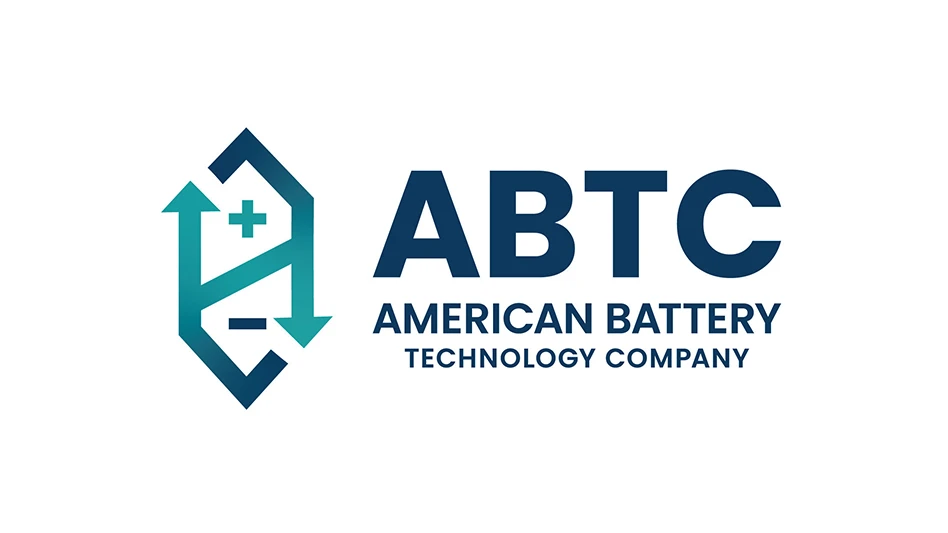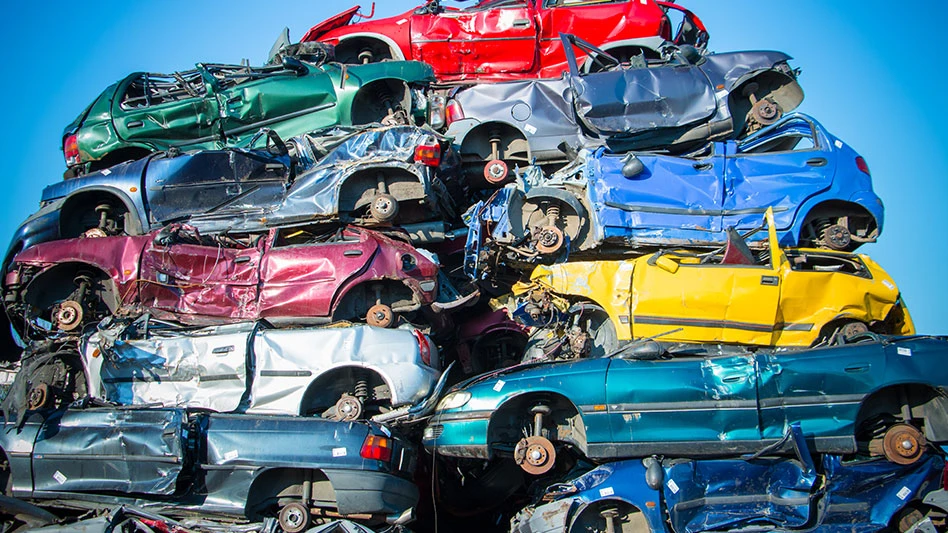 When shopping for service providers to handle their end-of-life electronics, cor- porate and institutional consumers continue to rely on standards that establish requirements relating to environmental, health, safety and security aspects of electronics recycling. A growing number of recycling operations, therefore, are seeking and obtaining certifications, as they help to assure clients that processors are meeting a certain level of performance in these critical areas.
When shopping for service providers to handle their end-of-life electronics, cor- porate and institutional consumers continue to rely on standards that establish requirements relating to environmental, health, safety and security aspects of electronics recycling. A growing number of recycling operations, therefore, are seeking and obtaining certifications, as they help to assure clients that processors are meeting a certain level of performance in these critical areas.
Recycling Today last published its list of certified electronics recyclers in September 2012. At that time, 307 recyclers in the U.S., Canada and Mexico were certified to one or more industry certifications: R2 (Responsible Recycling Practices), e-Stewards or the National Association for Information Destruction (NAID) Certification of Sanitization Operations. As of April 2014, the number of certified operations has grown to 539.
Joining the 512 electronics recycling operations in the U.S., Canada and Mexico certified to these standards are 27 overseas operations, including those in Australia, China, Costa Rica, Germany, Hong Kong, India, Ireland, Malaysia, Singapore, Thailand, the U.K. and New Zealand.
Responsible recycling practices
The majority of electronics recycling operations are certified to the R2 Standard, which was developed by a multistakeholder group convened by the U.S. Environmental Protection Agency. The original R2 Standard, R2:2008, was introduced in 2010. The updated standard, R2:3013, became effective July 1, 2013.
With the updated R2:2013 standards, all R2 certified facilities are required to have an approved environmental, health and safety management system (EHSMS). R2 Solutions, the Boulder, Colo.-based nonprofit organization that houses the standard, says approved management systems include a combination of ISO 14001 and OHSAS 18001 or the Recycling Industry Operating Standard (RIOS), which was developed by the Institute of Scrap Recycling Industries Inc (ISRI). The EHSMS requirement improves the integrity and accountability of the entire R2 certification, R2 Solutions adds.
Additional updates to the standard include changes to export requirements that call for more explicit compliance with export and import laws of all exporting, importing and in-transit countries, whether OECD (Organisation for Economic Co-operation and Development) or non-OECD; a fully comprehensive approach to data security and destruction, assuring the security of all media until it is thoroughly sanitized or destroyed; and clarified downstream due diligence requirements to better track equipment containing focus materials through each vendor until it is sold for reuse or as a commodity, according to R2 Solutions.
E-Stewards
The Basel Action Network (BAN), the Seattle-based nonprofit behind the e-Stewards Standard for Responsible Recycling and Reuse of Electronic Equipment, is in the process of transitioning to its updated standard, Version 2.0. As of May 1, 2014, a company seeking certification or recertification must comply with Version 2.0 of the e-Stewards Standard. Version 2.0, published Nov. 1, 2013, is the first formal revision of the e-Stewards standard.
At the time the updated standard was introduced in November 2013, BAN issued a news release that states, “The new version of the standard gains particularly high marks for its enhanced measures to protect private data on digital memory, something extremely important to large enterprise companies.”
The revised standard calls for all used data storage devices to be sanitized “regardless of whether data storage devices are going for reuse, materials recovery or final disposal.” Certified operations also must create a separate program to handle potential breaches of consumer data under the updated e-Stewards standard.
Additional updates to Version 2.0 include changing the frequency of air quality testing and introducing noise level safeguards as well as allowing for landfill disposal of CRTs (cathode ray tubes) and CRT glass “as a last resort.” CRTs and cleaned and uncleaned CRT glass can be sent to lined, leachate-controlled hazardous waste landfills under the revised standard, while nonleaded CRT glass and “thoroughly cleaned” glass may be sent to solid or hazardous waste facilities if permissible under state regulations.
 Click on the picture above to see the full map of Certified Electronics Recyclers. Click on the picture above to see the full map of Certified Electronics Recyclers. |
NAID certification of sanitization operations
Phoenix-based NAID introduced its Certification of Sanitization Operations in late 2009. The certification is designed to validate the security of operations that provide hard drive overwriting or erasing services. As with the organization’s certification of its members providing physical destruction services, NAID Certification of Sanitization Operations requires that an independent auditor verify facility security, chain of custody and audit trail.
As of April 2014, 19 operations had been certified to this standard.
NAID also offers an SSD sanitization endorsement and an on-site sanitization endorsement.
Plotting points
Pages 56 and 57 feature a map of the electronics recycling operations in the U.S. that have been certified to one or more of the standards detailed above.
Research for this article was completed by Recycling Today Associate Editor Megan Workman and Managing Editor DeAnne Toto. Contact dtoto@gie.net with questions.

Explore the May 2014 Issue
Check out more from this issue and find your next story to read.
Latest from Recycling Today
- Circular by Shapiro releases "5 for Five" sustainability series
- Graphic Packaging set to close Ohio CRB facility
- Ameripen voices support for Maryland EPR bill
- Matalco to close Canton, Ohio, plant
- Maryland county expands curbside recycling to include electronics
- California EPS ban will be enforced
- YKK AP America introduces BetterBillet
- Fresh Perspective: Cameron Keefe
.jpg)







